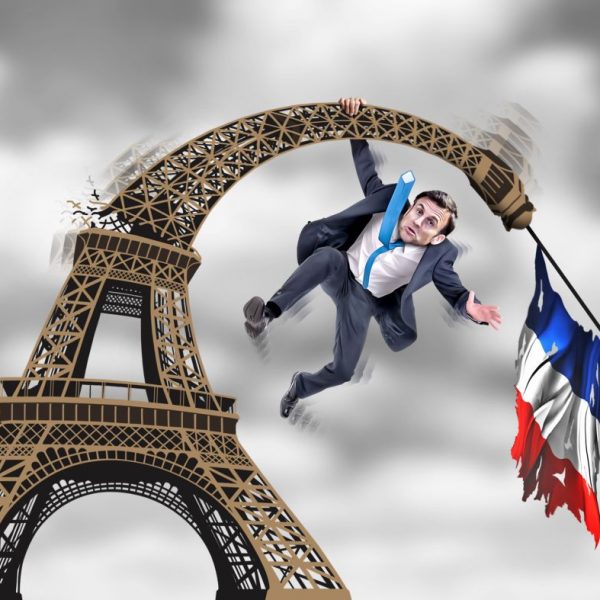
Parisian life during the Games has little in common with what citizens endure for the rest of the year.
By Hélène de LAUZUN
With the Olympic Games in full swing, the French press is happy to celebrate the joyful atmosphere, which is expected to dispel the usual gloom that the French are accustomed to. Long live the games! Paris is a moveable feast, as Hemingway said, and those who have fled the capital must well regret it. But on closer inspection, the reality is a little more complex.
"Ces Parisiens qui regrettent d'avoir fui la capitale pendant les JO" (Parisians who regret having fled the capital during the Olympic Games) is the headline in Le Figaro. The journalist in charge of the article in question, though perhaps this is purely coincidental, is called Clara... Hidalgo.
On the contrary, the venerable author of the lines you are now reading is one of those undignified Parisians who ran away from the scene of the hostilities. And who, with all due respect to Le Figaro and Mesdames Hidalgo, does not regret it.
The press, which praises the Paris of the Olympic Games, forgets one detail, or rather two.
The first detail is that not everything is rosy for the people primarily affected-namely the athletes. Between those who fall ill after swimming in the Seine, those who sleep on public benches to avoid backache on the recyclable beds in the Olympic Village, and those who complain about the vile vegan cuisine unsuited to their needs-there are a lot of unhappy people. The Italian press, which does not have the same interests as the French press, reports on this harsh reality quite bluntly: "il flop olimpico di Parigi" (Paris' Olympic Flop), for example.
The second detail, which this time concerns Parisians, is that the much-vaunted Paris of the Olympic Games is not really Paris. The Parisian life experienced by the brave few who stayed behind has little in common with what they usually endure for the rest of the year.
First of all, the city has literally been emptied of its population. The vast majority of people who work left around July 20th, and the tourists, who were expected en masse, are rather less numerous than usual. As a result, Paris has reached a perfectly acceptable level of population density, which has the merit of making everyday life much easier and more pleasant. Taking the metro every morning on a virtually empty train has become a gourmet's pleasure-all the more so as the frequency of journeys has been increased, and the price of the ticket, which has risen to €4 each, means that only the most motivated travellers choose that mode of transportation.
As a result of this general desertion, the city's economy is slowing down. Construction sites, the nightmares of Parisians, with their share of dust and jackhammers (7,500 sites were still counted shortly before the opening of the Games), have come to a standstill. In short, everything that normally congests the streets has miraculously disappeared.
And what about the gigantic human clean-up plan put in place by the mayor and the prefecture? In the weeks leading up to the Games, Anne Hidalgo took care to relocate the thousands of migrants, homeless people, and drug addicts who usually populate the streets of Paris to benefit from the largesse of her inclusive policy to the rest of the country. The emblematic migrant camp set up under the windows of the Hôtel de Ville was evacuated in April to make the surroundings of her majesty Anne Hidalgo's palace more attractive. Under these conditions, it is undeniable that living in Paris has become a much more pleasant experience.
Last but not least, there is the increased presence of police forces imported from all over the world-from Qatar to Spain-to help combat the unpleasant 'feeling of crime' that hangs over the city. The figures are there to prove it: in Paris, things are going a little better than usual, simply because we've decided there to restore a little order.
Paris, then, is no longer quite Paris, and it would be honest to say so. Parisians can therefore delude themselves about the paradise that their city has become for a few weeks. In their heart of hearts, they know that, in September, they'll be back to crowded trains, rubbish-strewn pavements, and stolen mobile phones. Paris will be back. Paris will always be Paris!
Original article: europeanconservative.com